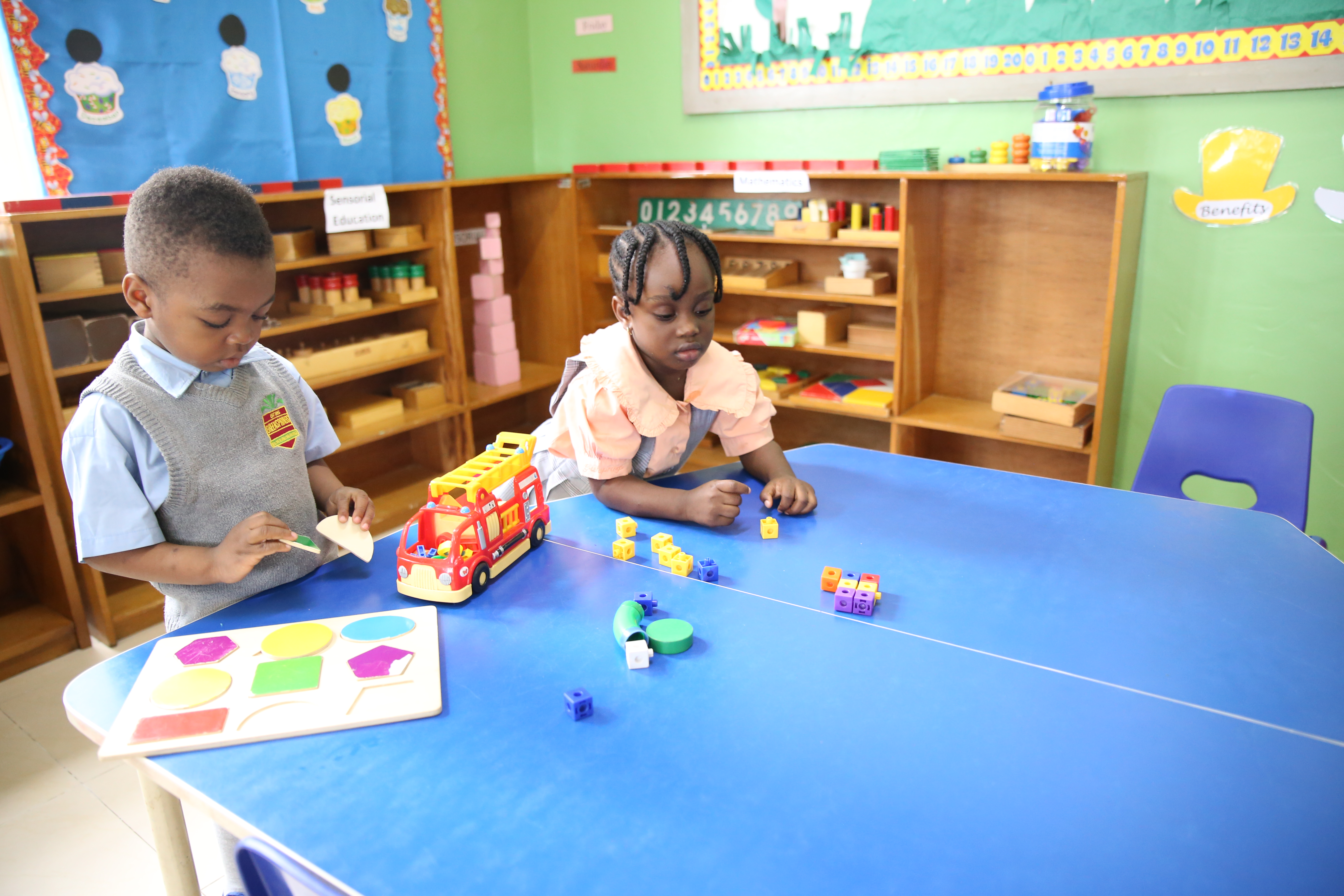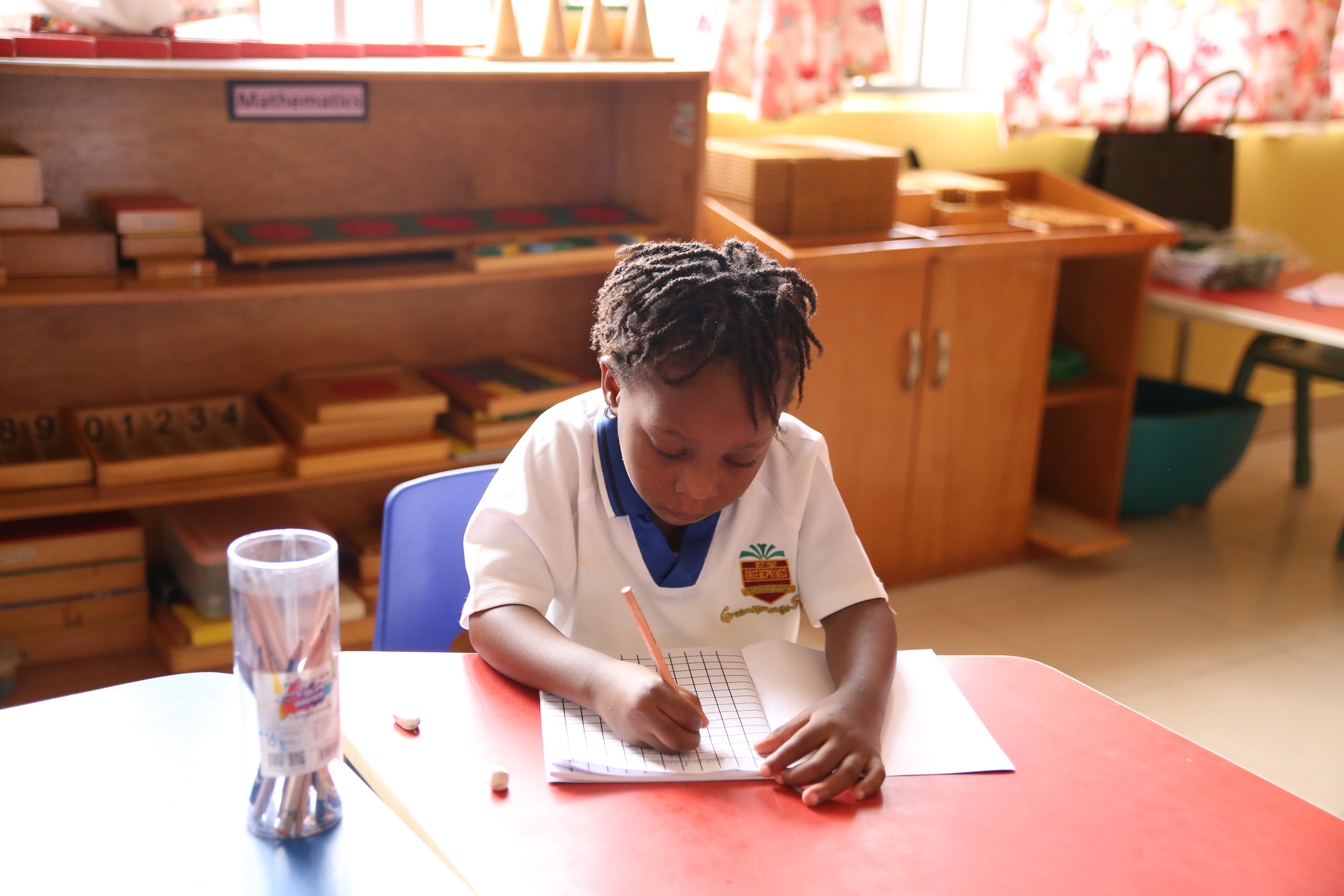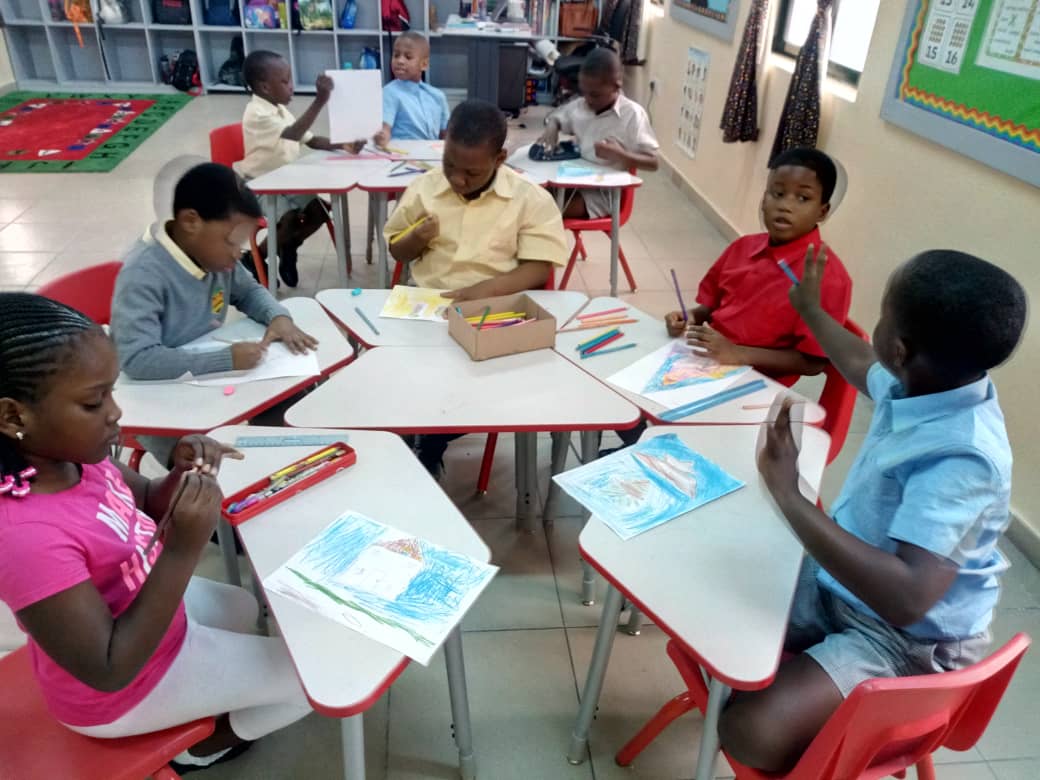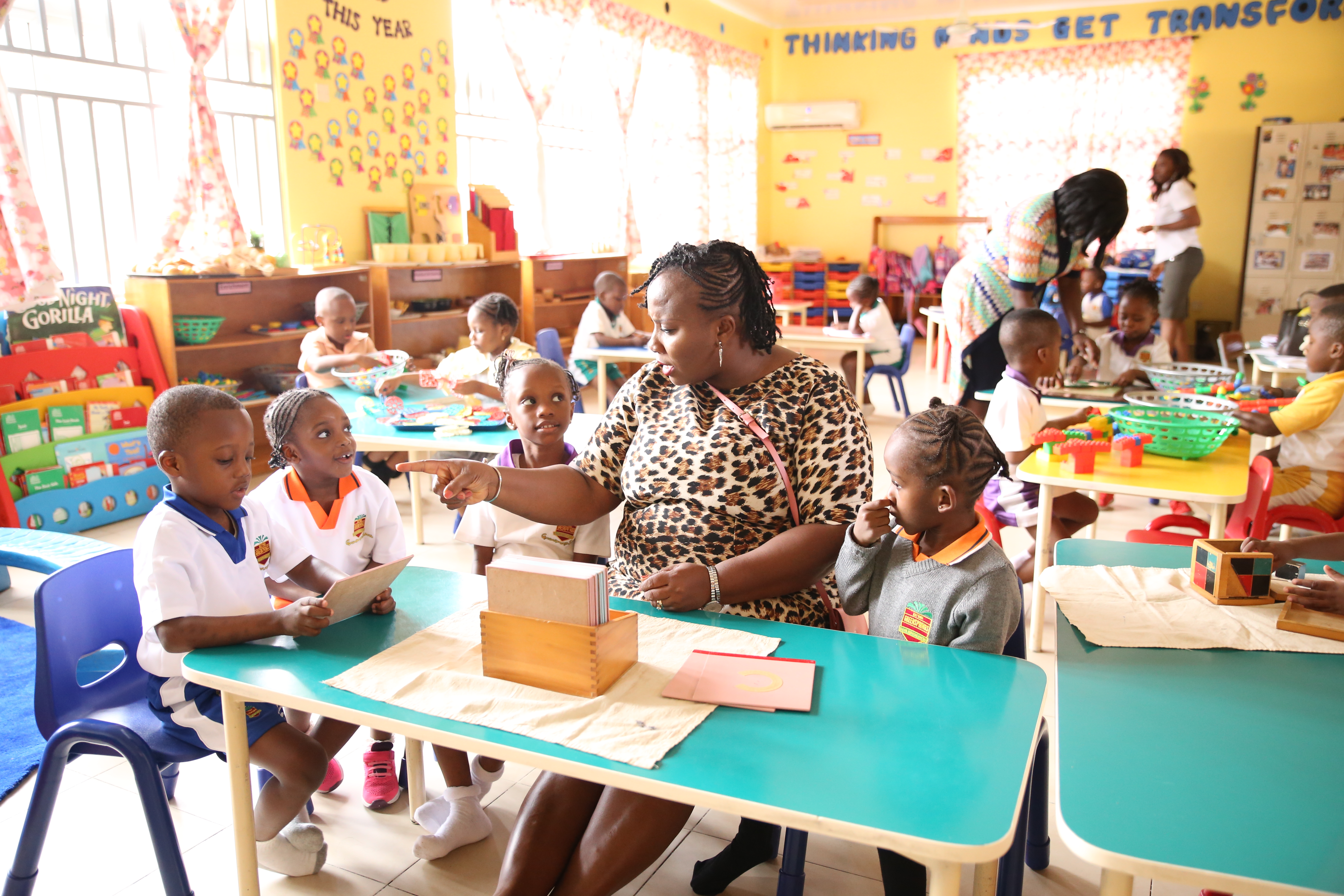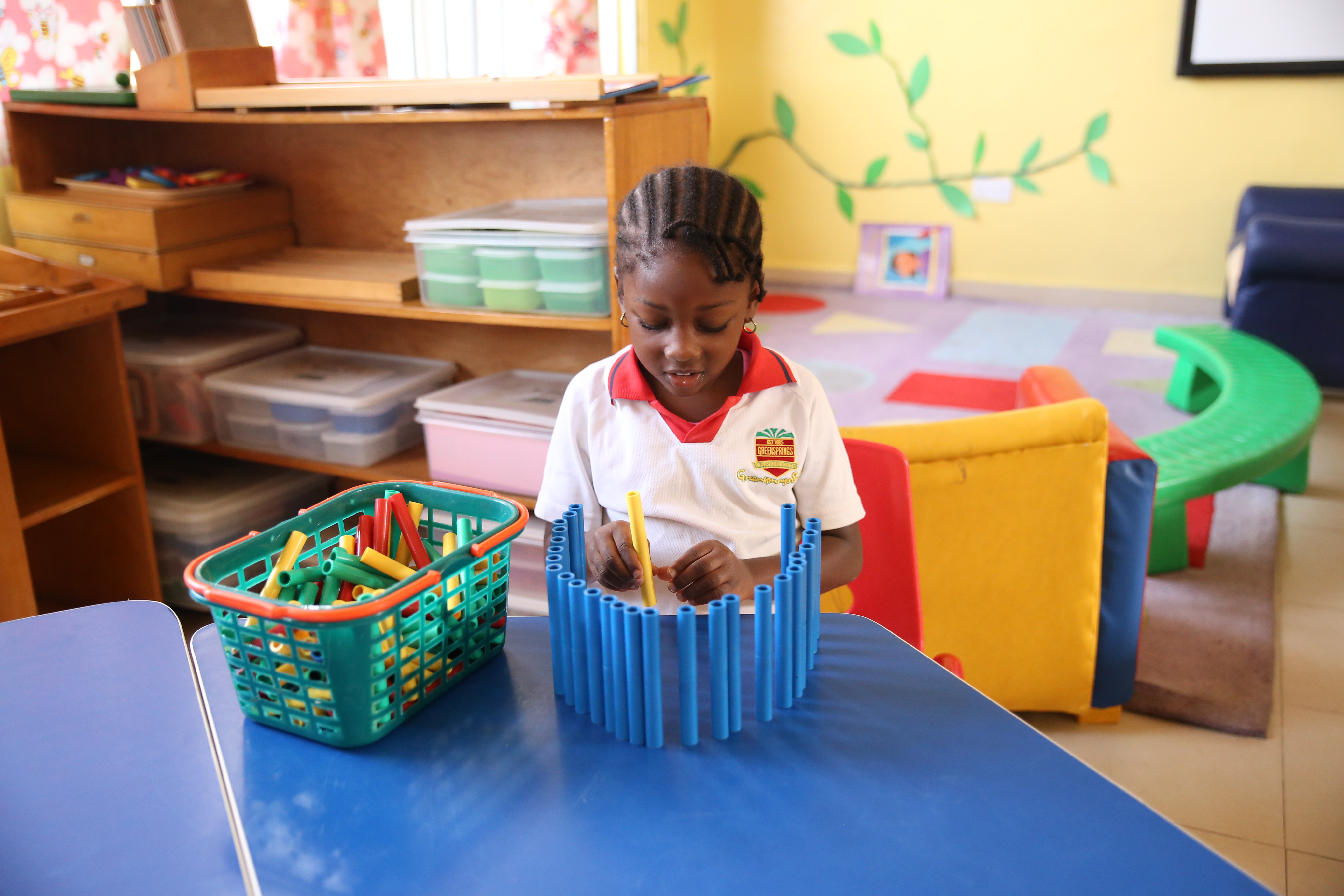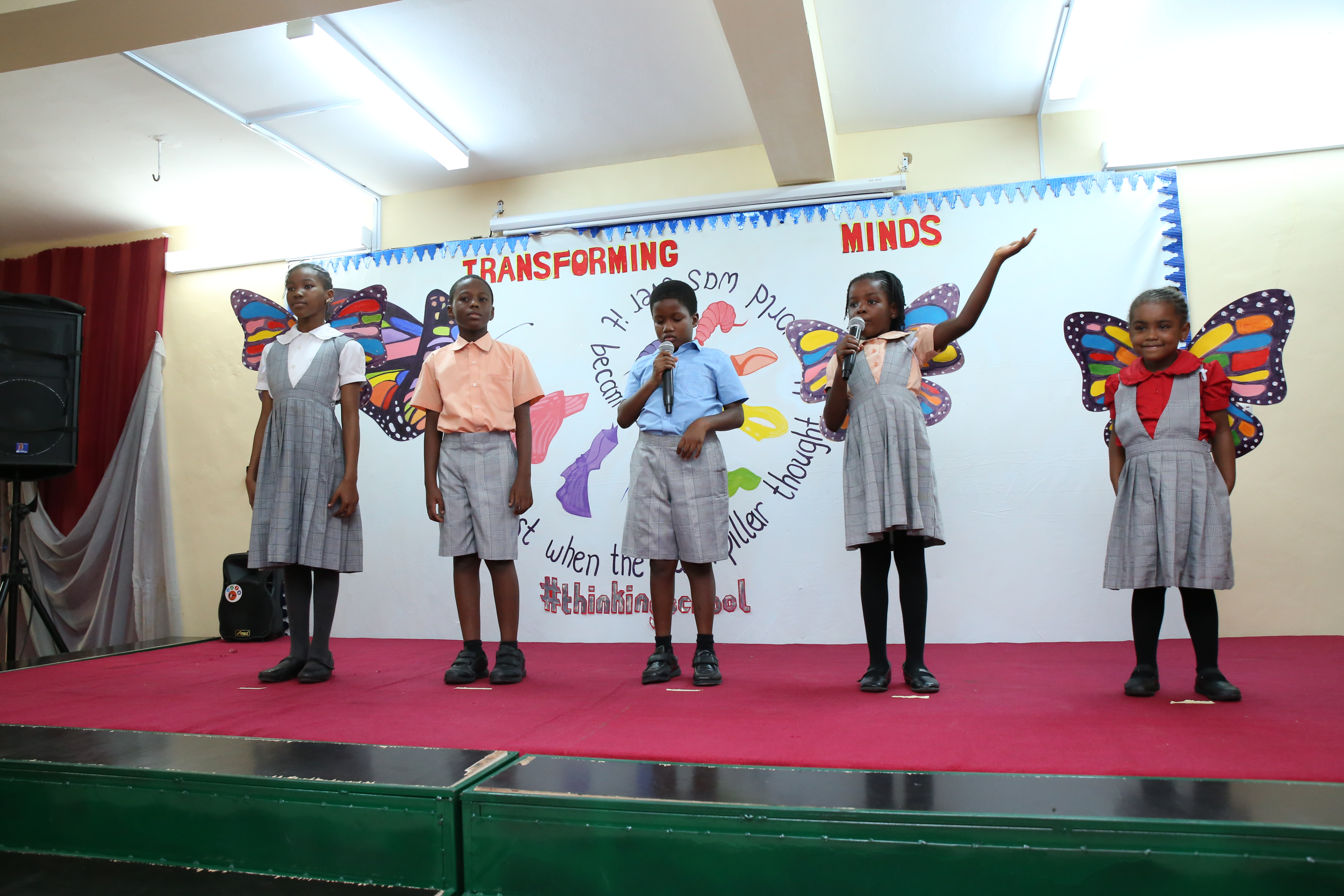
Introduction
Montessori Education in Nigeria is gradually being recognized as the best form of teaching in early childhood education. Educators and teachers are beginning to see the effect of such learning in the lives of their students.
The traditional method of teaching is gradually fading away and is getting replaced by Montessori education, at least in most private schools in Lagos. However, government schools still use a traditional method of learning to educate students in the classroom.
The aim of this article is to give 10 undeniable reasons to love Montessori Education in Nigeria.
Nevertheless, before we start providing you with explanations to appreciate Montessori learning in Nigeria, let’s look back at how Montessori teaching all started.
History of Montessori Teaching
At the start of the 20th century, Dr. Maria Montessori, Italy’s first female doctor, unlocked the Casa dei Bambini (Children’s House) to offer education to low- income children in Rome. Instead of using traditional teaching methods, she started using her own child-centred educational theories in the classroom.
The Casa dei Bambini was different because it focused on educating each child based on his or her development stage. Dr. Montessori motivated children to take possession of what they wanted to learn and worked with each child to create a personalized education that played to that child’s strengths.
Children were encouraged to cooperate and work together to accomplish their goals.
In 1909, Dr.Montessori described her educational process in detail in her book “The Montessori Education” and this captured the attention of educators all over the world and in the next two decades, Montessori schools sprang up on all six continents.
In 1929, she founded the Association Montessori International to provide teacher education and guidance to the many Montessori schools opening around the world. Today, Maria Montessori is known as one of the foremost pioneers of education in the 20th century.
Now that we have the history of Montessori learning, we will explain what Montessori learning is and also why Montessori education in Nigeria should be accepted.
What is Montessori Learning?
Montessori education is focused on inspiring children to drive their own learning. Students are required to drive and choose their task and decide how to solve the challenges they encounter. It is a learning that pushes students to be creative and to excel due to their learning and their own natural curiosity.
Montessori students are taught how to fit a larger worldview into their thinking and encouraged to be curious pupils.
The Montessori Method is most often applied at the preschool level due to its focus on early child development. The reason why Montessori learning focuses on young children is that this is the age children are more suited to learning and they can also develop cognitive skills that are needed for lifelong learning.
Unlike the traditional method of teaching that uses handouts, worksheets and several grading criteria to assess students in the classroom, Montessori teaching offers guidance and allows the child to be responsible for his or her own learning.
In a Montessori classroom, you will find several stations, which includes a lot of toys that allow children to explore and learn. For instance, in Greensprings School (Preschool category) you will often see a bucket of Lego blocks and several pictures of simple objects like an apple or a house, which the children can build if they want in the classroom.
The reason why you will find this in the classroom is that it allows children to learn through playing.
Montessori education in Nigeria is improving but it is not where it should be yet. We still have a lot of preschool and elementary schools in Nigeria that still use the traditional method of teaching.
However, some private schools in Nigeria claim to use Montessori education in their school curriculum. Moreover, it will not be surprising to find that there is still a lot of disconnect in applying it to teaching students in the classroom.
In this article by Queen Chibogu, she pointed out that a lot of schools still grade young children based on performance. Aside from this, the ratio of students to the teacher in the classroom is also outrageous.
In Montessori education in Nigeria, children are separated by ages and grade levels, interacting primarily with children their own age. But a Montessori classroom will often be a mixed- age class, for example, containing all children between the ages of three and six.
Greensprings Ikoyi campus the preschool category uses an inclusive education in the classroom. Students who are similar in age get grouped together and in the same class.
This is crucial because children are always at different stages in their development, and younger children can learn by watching the older children play. This process is known as scaffolding and was formulated by Lev Vygotsky as a method of social learning.
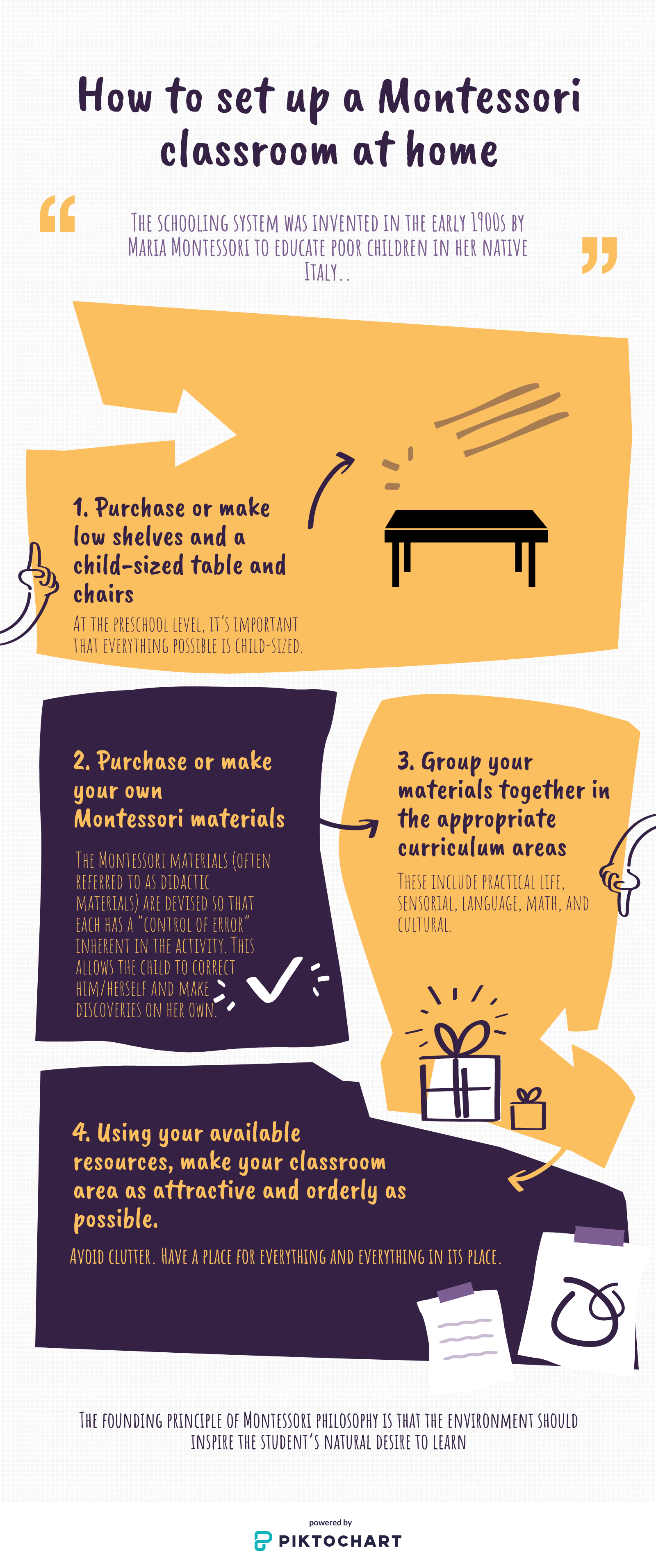
Now that we have explained what Montessori education is, we will be giving you 10 undeniable reasons you can’t but love Montessori education in Nigeria.
/
Here are 10 reasons to love Montessori education in Nigeria;
1. Child- Centred, Teacher Guided
Children learn in different ways, and it is the responsibility of the teachers to recognize this. In a good Montessori school in Nigeria, teachers create a learning program that is unique to every child. At Greensprings School, the classrooms in preschool and elementary are designed to encourage children to achieve their development potential at their own pace. This is an image of how the classroom below;
2. Social Growth & Cooperation
In some Montessori schools in Nigeria, young children are grouped with different ages and are motivated to work together and help each other. By doing this, it encourages students to learn to respect each other. Also, the younger ones can learn positive behavior from the older ones.
Learning together in the same classroom can help develop the skill of collective problem solving and build a sense of community.
3. Holistic learning Experience
Holistic education is based on the idea that children can be taught in a more natural and engaging way. The holistic approach seeks to empower children to use their academic learning as a foothold for their emotional and social development.
The Montessori curriculum covers eight key areas that focus on the cognitive, social and emotional development of the child. Key curriculum areas include; practical life, sensorial, mathematics, language, science, geography, art and culture. The Montessori curriculum is directly aligned with what children will learn in elementary school and beyond.
4. Learning is fun
In Montessori education in Nigeria, learning is fun. The reason why learning is enjoyed is that students are well engaged in the classroom. Young children in Montessori schools are provided with uninterrupted periods of time for work, where they are to complete projects and learn important developmental concepts.
They are allowed to move freely in the classroom and they can choose to take part in the activities that they are most interested in. This makes learning an interesting and fun process.
5. Parents Satisfaction
A lot of parents are highly happy with their children’s performance and learning experience with the use of a Montessori curriculum. In Greensprings School, there have been a lot of testimonials from parents commending the school’s effort in instilling a culture of learning and discipline in their children
Here are some comments from Parents of the School;
“The school remains on in providing quality education. I am very proud as a parent because I can see my child making steady progress in all areas”. – Mrs Oketona
“I appreciate the effort the school is putting into building the children in all areas”. – Joy Ayo- John
6. Montessori Education fosters Independence
Parents do you know that Montessori education in Nigeria fosters independence in children? Well if you didn’t know, now you do.
Everything about a Montessori classroom shows self-confidence. The surrounding is prepared to allow the child to learn to do things for themselves that would otherwise be done by an adult. Because young children in Montessori learn to figure things out themselves, over time they begin to develop a sense of pride in doing things independently.
7. Children are Eager to learn
With children learning in the classroom using the Montessori curriculum, they are willing to figure out task easily. Young children do not lose information if they have a basic understanding of it. The reason why students struggle to pass certain subjects is that they lack an understanding of the course. However, with Montessori teaching, students understand the how and the why with materials. Hence, the reason why they can make sense of materials given to them because they practice over and over again until it finally makes sense to them
./
8. Children Discover their Passion
When young children are allowed to play freely and engage in many activities as they want, they’ll begin to naturally gravitate toward the ones they find the most Interesting. As they grow older, they will begin to be confident in their abilities.
9. Montessori is consciously designed to recognize and address different learning styles, helping students learn to study most effectively.
10. Children learn Order
In a Montessori classroom, all objects and activities are positioned in a neat order. When children are done with an activity, they place back items in their appropriate places. This sense of order helps facilitate the learning process, it teaches self-discipline and it caters to young child’s innate need for an orderly environment.
Finally, Montessori education in Nigeria is better than the traditional school methods. According to Dr. Tina Udoji, an educationist, the Montessori Method can save Nigeria’s education. However, in Nigeria, Montessori schools are typically more expensive and less common than regular schools and very few of them practice what they preach. This has limited the reach of self-directed learning to students in classrooms.
In conclusion, Montessori education in Nigeria needs to be taken seriously and be introduced fully from preschool so that our youngsters can develop life skills that are needed in society.

